Profile: Ibrahim Qobaisi, top Hezbollah commander assassinated by Israeli airstrike in southern Beirut
Senior Hezbollah commander Ibrahim Mohammed Qobaisi, also known by his nom de guerre Haj Abu Musa, was killed on Tuesday during an Israeli air raid targeting the southern suburbs of Beirut.
The strike was part of two days of intensified Israeli military offensive against Lebanon.
Hezbollah confirmed the martyrdom of both Qobaisi and another senior commander, Hussein Hani Ezz el-Din, also known as Hajj Fares, in the Israeli attack.
The recent wave of Israeli assaults on Lebanon has led to a devastating toll, with at least 569 fatalities, including 50 children and 94 women, and over 5,000 people injured.
Ibrahim Qobaisi: His rise and legacy
Born on October 10, 1962, in the village of Zebdine in southern Lebanon, Qobaisi joined the ranks of Hezbollah in 1982 during the group’s formative years.
Quickly rising through the group, he held several key leadership roles and completed advanced military leadership training.
His strategic acumen was critical in many operations against Israeli forces, particularly in the Iqlim region, where he was in charge from 1998 to 2000.
Qobaisi’s leadership extended to overseeing Hezbollah's Badr Military Unit, a key component operating north of the Litani River, from 2001 until 2018.
His expertise in rocket systems and missile operations made him a pivotal figure in shaping Hezbollah’s missile capabilities, earning him a reputation within both the group and the broader resistance axes.
The assassination and its aftermath
On Tuesday, Israeli forces carried out extensive airstrikes across southern Lebanon. The Israeli Air Force reported hitting 1,600 targets, one of which was the building where Ibrahim Qobaisi was located in southern Beirut. The strike resulted in the martyrdom of the 62-year-old commander, along with six others, and left 15 people wounded.
The attack came just days after a similar strike that killed 38, including Hezbollah commander Ibrahim Aqil, three children, and seven women.
The Israeli back-to-back attacks represent some of the deadliest days Lebanon has witnessed over the past decades.
The intensified Israeli military campaign has caused widespread destruction along Lebanon's southern border. Thousands of civilians have been displaced, seeking refuge in makeshift shelters in schools or sleeping in their vehicles and parks as hotels quickly reached capacity.
Rising tensions and regional consequences
The situation has rapidly escalated, prompting the UN Security Council to call an emergency meeting. UN Secretary General Antonio Guterres expressed grave concerns, warning that Lebanon stands on the edge of a complete breakdown.
He emphasized that the international community cannot afford to let Lebanon become another humanitarian crisis on the scale of Gaza.
In retaliation for the assassination of its leaders, Hezbollah launched a "Qader-1" ballistic missile targeting Mossad headquarters in Tel Aviv on Wednesday.
The group described the strike as not only a direct response to Israeli military offensive but also an expression of solidarity with the Palestinian resistance in Gaza.
The ongoing Israeli barbarities risk igniting a wider war, drawing in other regional players and amplifying instability across West Asia.
Senior Russian general shot and wounded in Moscow: Officials
UK ordered in 'milestone' court ruling to pay $570 million for colonial-era massacre
VIDEO | Defying the rubble, Gaza opens its first face-to-face school since start of war
‘Ready for next round’: Million-man rally in Yemen backs Gaza, resistance
FM Araghchi departs Muscat for Doha following nuclear talks with US
Israeli keeps killing more Palestinian civilians in Gaza amid relentless ceasefire violations
Aliyev: Azerbaijani territory will not be used for threats against Iran
Turkey arrests two on charges of spying for Israeli regime


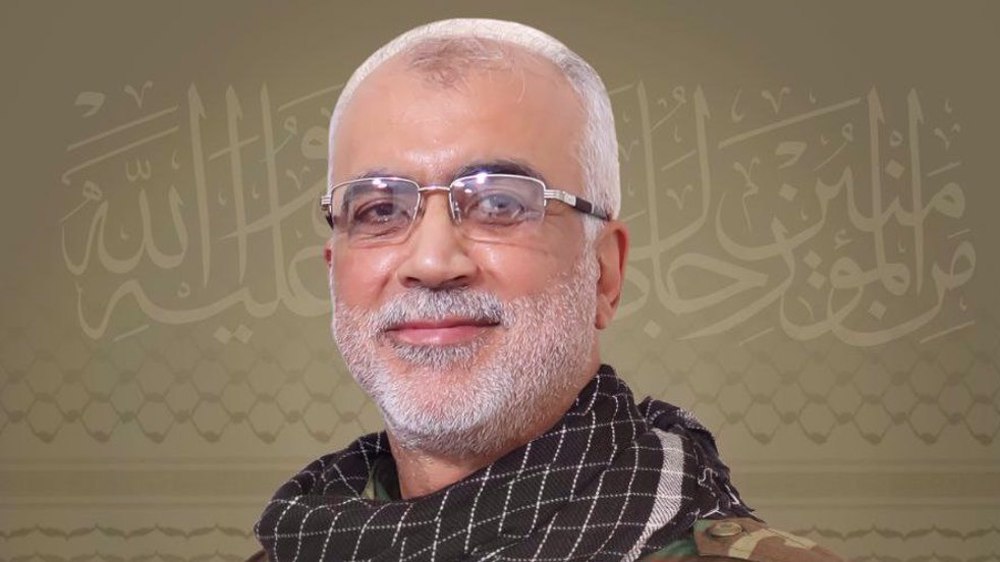


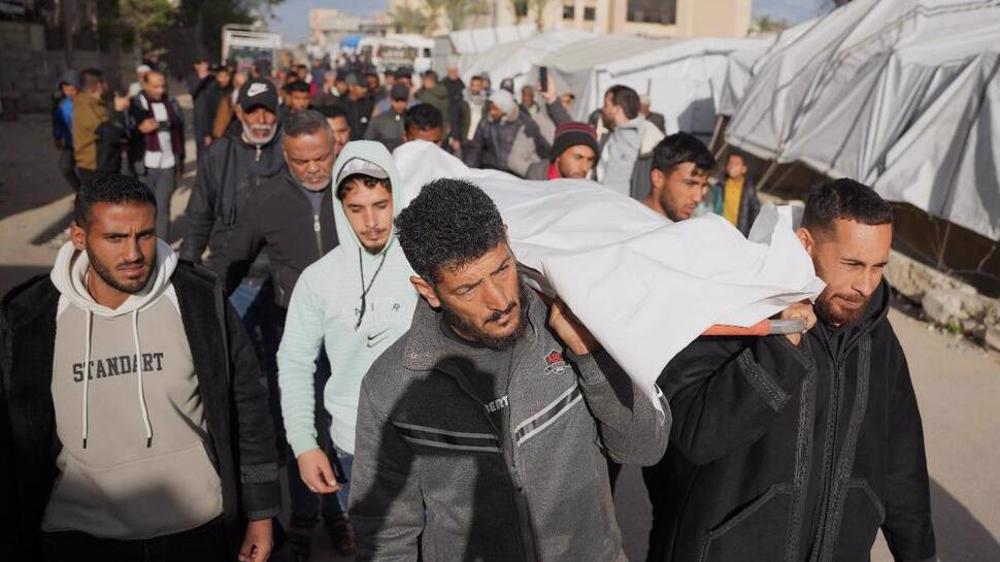



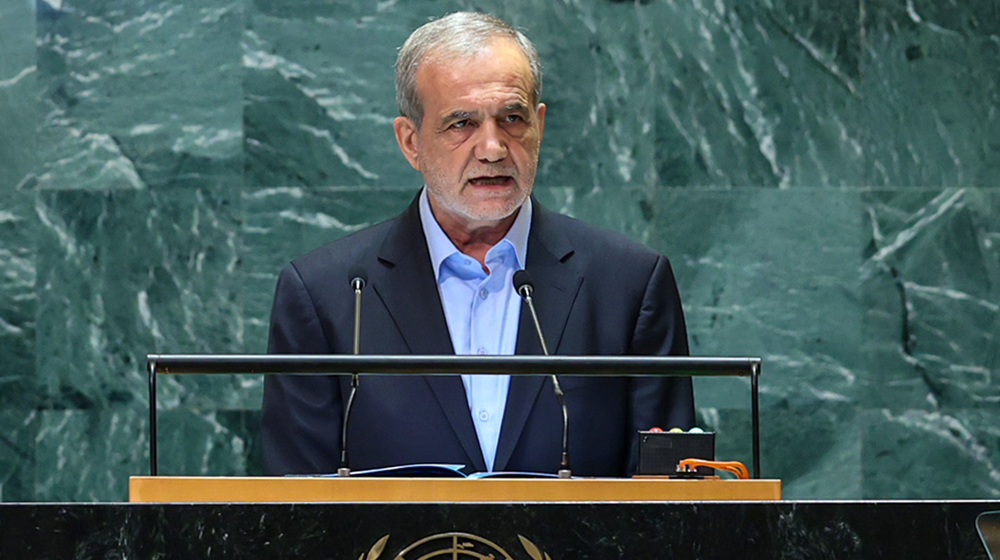
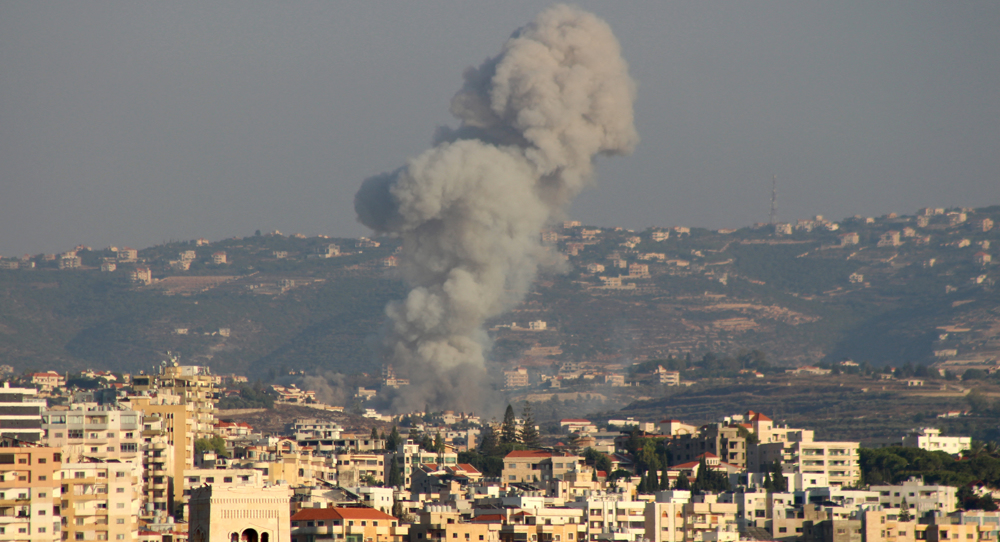
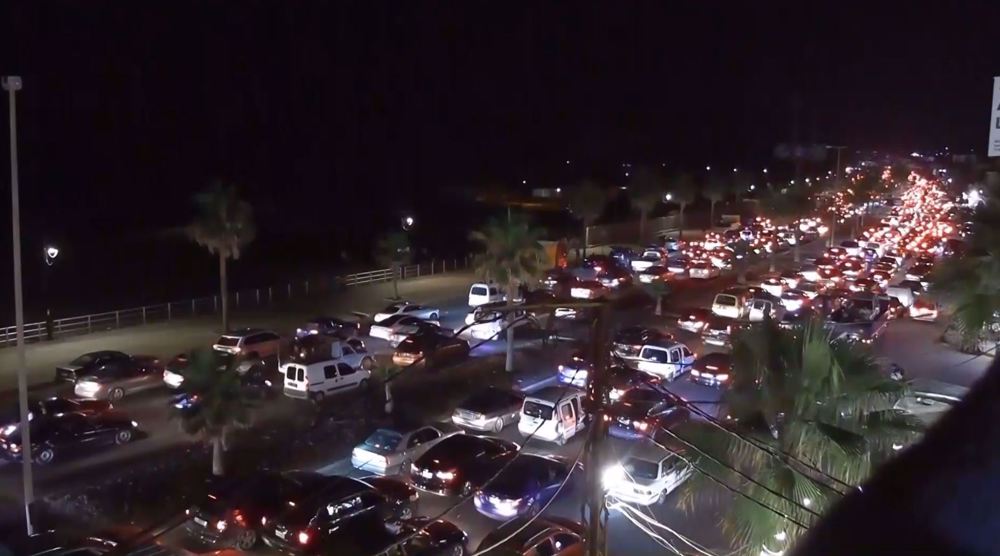
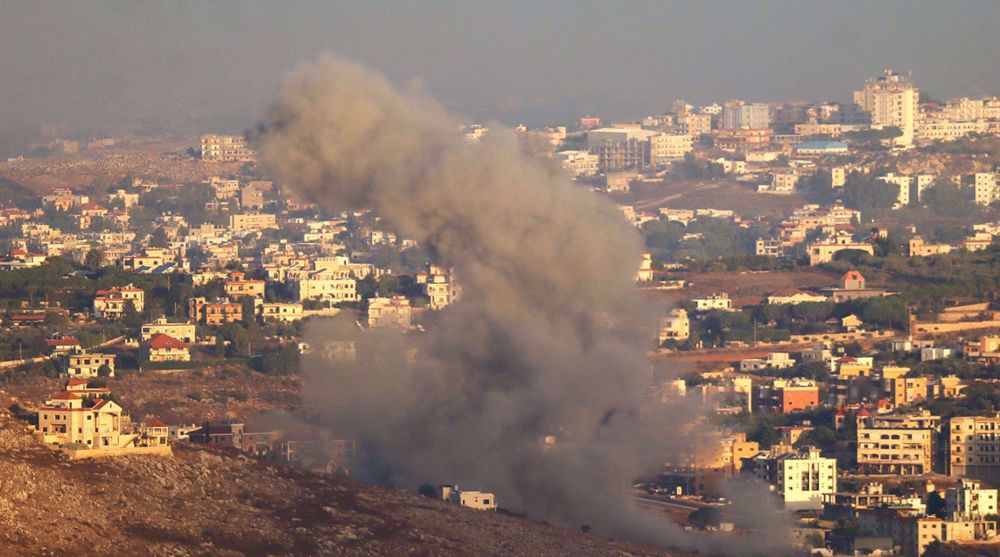
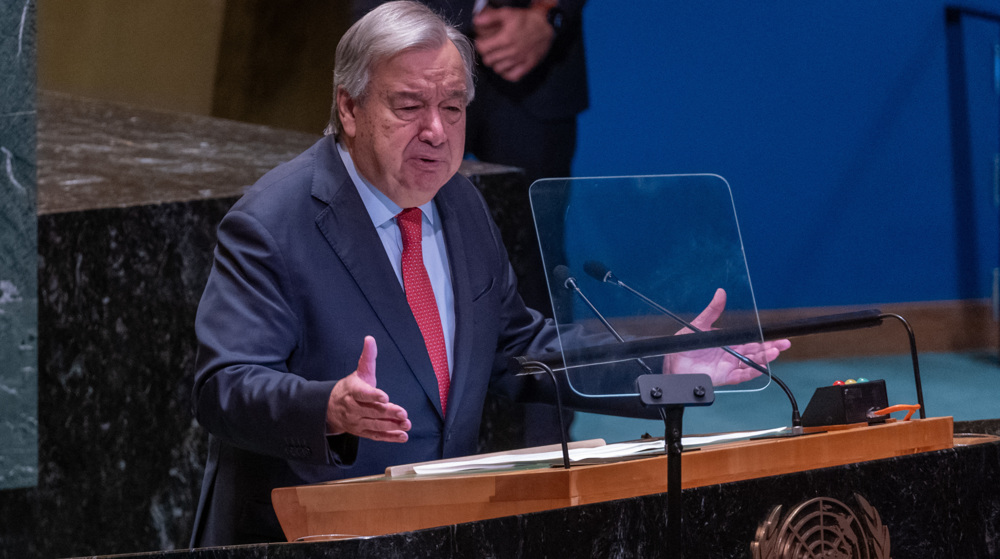

 This makes it easy to access the Press TV website
This makes it easy to access the Press TV website